 |
 |
 |
|---|
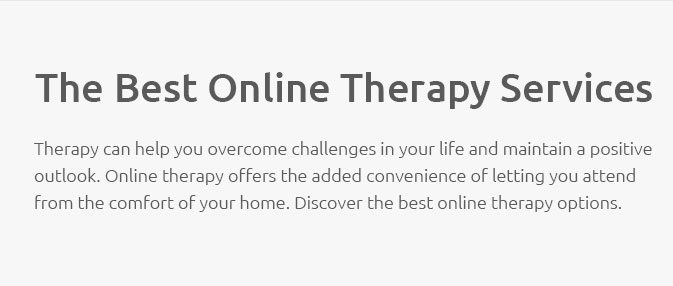 |
 |
|---|
 |
|
|---|---|
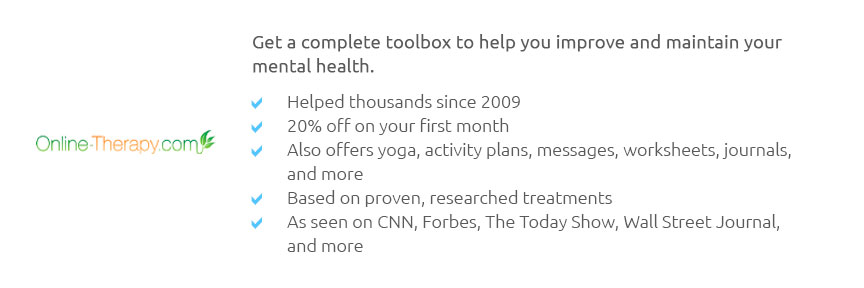 |
 |
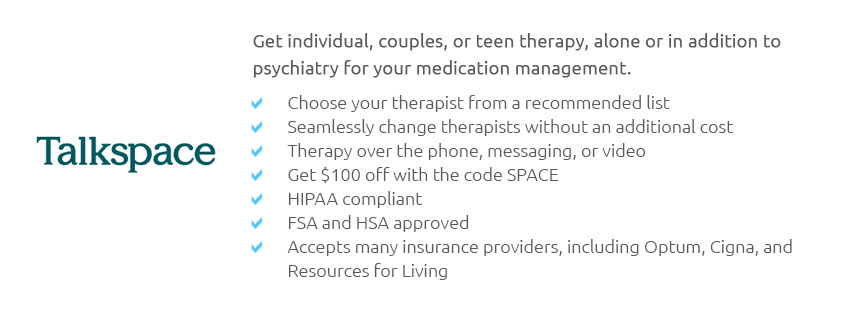 |
 |
 |
 |
 |
 |
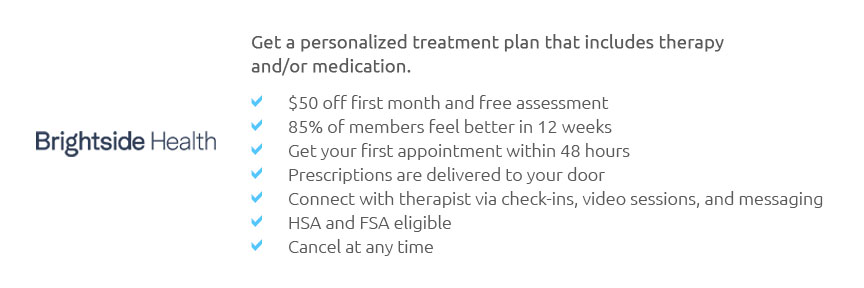 |
 |
 |
 |
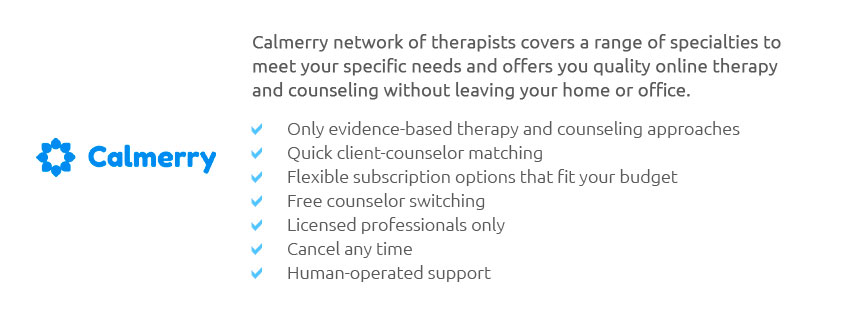 |
 |
 |
 |
|---|
How to Do Therapy at Home: A Comprehensive GuideIntroduction to Home-Based TherapyHome-based therapy is an increasingly popular option for those seeking mental health support from the comfort of their own environment. It offers flexibility and privacy, making it an attractive choice for many. However, conducting therapy at home requires discipline and the right tools. Creating a Conducive EnvironmentSetting up a dedicated space: Choose a quiet and comfortable spot in your home where you can focus without interruptions. This could be a corner in your bedroom or a spare room.
Once your space is ready, it's time to focus on your therapy goals. Utilizing Online Therapy ResourcesIn the digital age, there are numerous online resources available to support your therapy journey. Consider using online therapy for infidelity as an option for specialized needs. Many platforms offer sessions with licensed therapists via video calls, providing professional guidance remotely. Choosing the Right PlatformResearch different platforms to find one that aligns with your specific needs and budget. Look for platforms that are reputable and offer a range of services. Benefits of Online Therapy
Self-Guided Therapy TechniquesIn addition to professional help, there are self-guided techniques that can be effective. Journaling, mindfulness, and cognitive behavioral exercises are excellent tools for self-exploration and growth. Journaling
Mindfulness PracticesIncorporating mindfulness into your routine can help reduce stress and improve emotional regulation. Simple breathing exercises can be a great start. When to Seek Professional HelpWhile home therapy is beneficial, there are times when professional intervention is necessary. If you experience persistent distress or your symptoms worsen, it may be time to consult with therapists in Lehigh Valley or in your local area. FAQWhat equipment do I need for home therapy?Basic equipment includes a reliable internet connection, a device with a camera for video calls, and a quiet space to conduct your sessions. How can I stay motivated to continue therapy at home?Set clear goals for what you want to achieve through therapy. Regularly reviewing your progress and having a structured schedule can help maintain motivation. Is online therapy as effective as in-person sessions?Many studies suggest that online therapy can be just as effective as in-person sessions, especially for issues like anxiety and depression. The key is finding a qualified therapist and committing to the process. https://www.turbotenant.com/business-building/self-therapy/
1. Be Smart With To-Do Lists - 2. Focus on the Solution - 3. Try Guided Meditation - 4. Practice Gratitude - 5. Redirect Negative Thoughts. https://positivepsychology.com/self-therapy-anxiety-depression/
7 Tips on How to Do Self-Therapy - 1. Start by thinking about what you'd like to achieve. - 2. Understand more about your problem or goal. - 3. https://psychcentral.com/health/self-therapy
4 common tools for self-directed therapy - 1. Journaling - 2. Self-help books - 3. Guided courses - 4. Phone apps.
|
|---|